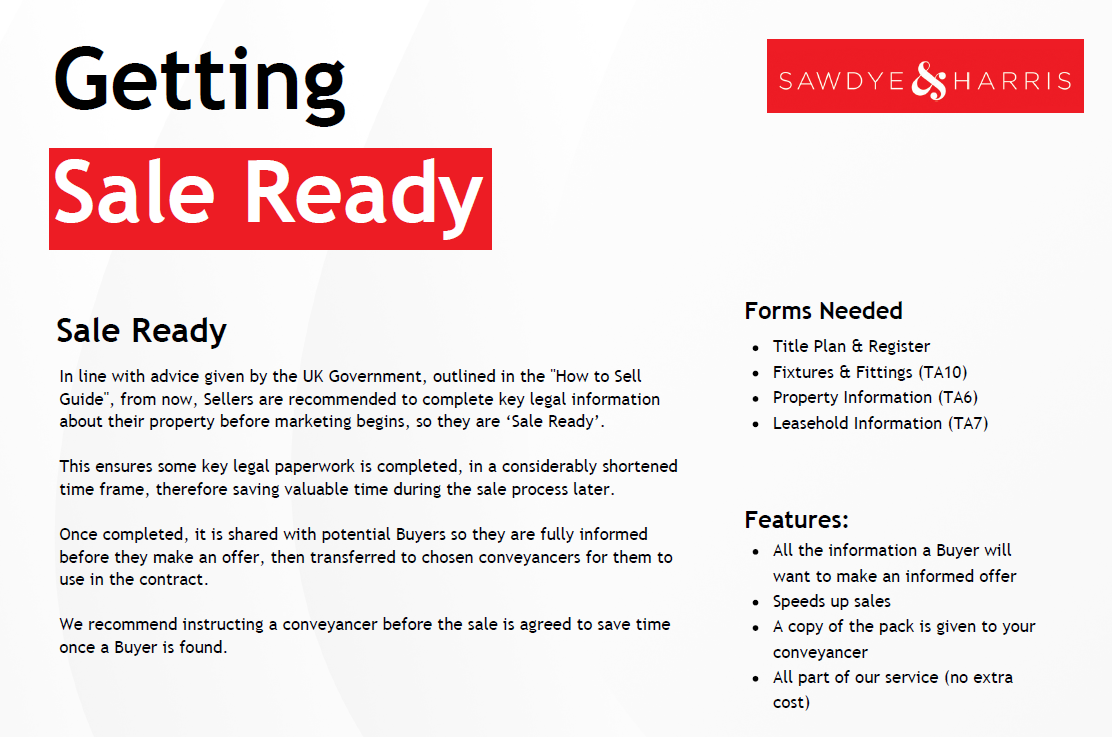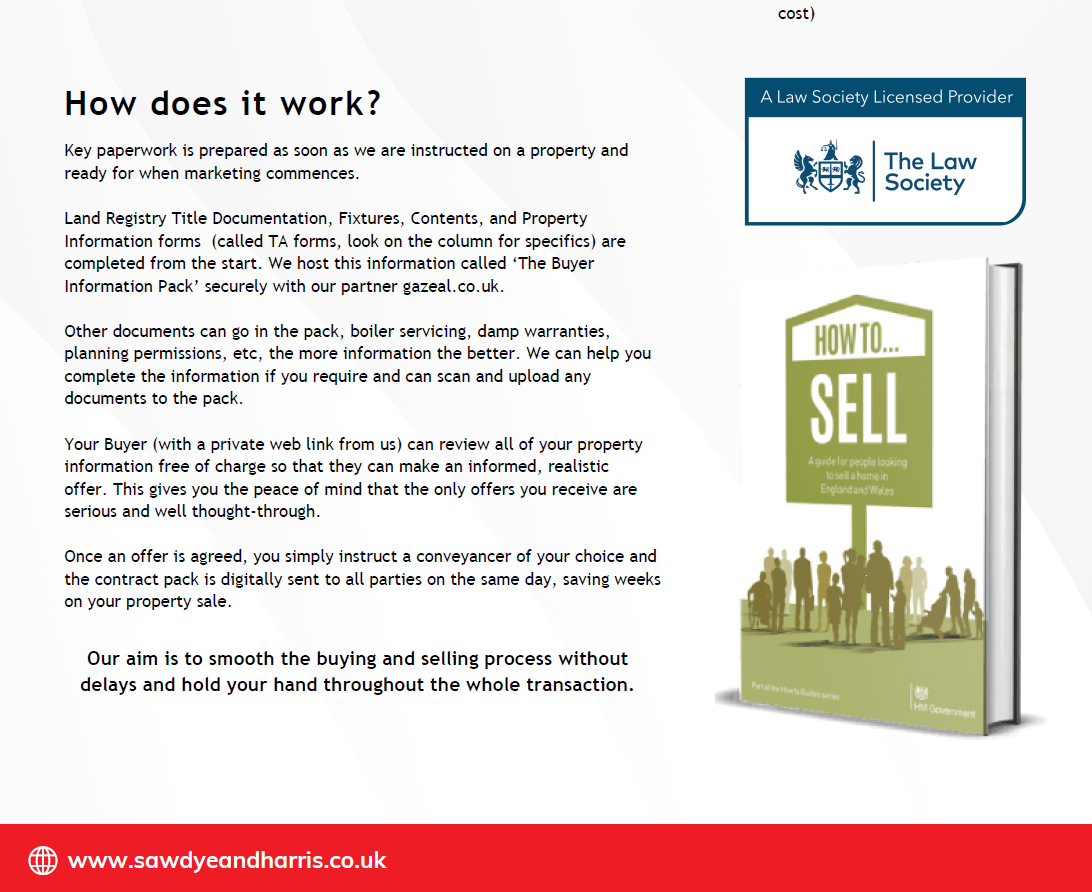In today's competitive property market, a well-designed outdoor space can be the make-or-break selling point for potential home buyers. Gardens are no longer just an afterthought – when planned well, they can serve as an extension of the living area.
As summer approaches, now is the perfect time to give your outdoor space a fresh makeover to maximise its beauty, functionality and appeal. So, roll up your sleeves and get ready to make the most of your outdoor retreat. With some strategic landscaping and maintenance on your home, your reimagined garden could become the true pride and joy of your property.
Clean up Gardening Tools
Now is a great time to prepare your gardening tools ahead of the gardening spree in spring and summer. Over the winter, your spades, shovels and gardening forks have likely been gathering dust and are probably still covered in mud and dirt from last year’s gardening activities. To prevent them from rusting and preserve them for years to come, give them a clean with hot water and a strong detergent. Make sure they’re fully dry before storing away and apply some oil or WD40 to any blades or hinges to keep them lubricated.
Create Entertaining Spaces
A crucial part of designing an appealing outdoor space is designating specific zones for different activities like dining, lounging and cooking. Thoughtfully mapping out these areas enables you to create a cohesive and functional layout that facilitates memorable entertaining. Start by assessing the natural flow and sightlines of your garden, then use hardscaping features like patios, decking or paved areas to define the different zones. Installing an outdoor kitchen or grill station for al fresco cooking can also be a fun addition to your garden that’s perfect for having people round for dinner and drinks.
Position a dining table and chairs nearby, or create a lounge zone with comfortable seating like sofas, plush armchairs and coffee tables under the shade of a pergola. And don't forget about lighting. With the right combination of lanterns, string lights and uplighting, you can easily extend the use of your space into the night-time hours.
Implement Water Conservation
In the early months of the year, we witness seasonal rainfall, sometimes even more excessive. So why not maximise that resource and use it for watering your garden throughout the rest of the year? Installing a water butt is an affordable and easy way to capture the water from spring showers, making your garden much more environmentally friendly. Rainwater is actually the best type of water for your plants, so your garden will flourish as a result of your eco-friendly activities. When installing your water butt, ensure you position it beneath a downpipe from your property or even a shed or garage to maximise the water collected.
Enhance Privacy
Having a peaceful, secluded outdoor retreat is a priority for many homeowners and as the weather warms up, you’ll want to spend more time relaxing outdoors. While picket fences may work for some, there are other creative ways to add privacy and seclusion to your garden space.
For a natural privacy screen, consider planting tall hedges, trees or bamboo borders. Evergreens like arborvitae, cedars and hollies can also be used to create dense green walls when planted closely together. Alternatively, opt for deciduous options like hornbeams or green arborvitae for year-round foliage. If you want an immediate sense of enclosure, install traditional fencing panels – you can soften the look by growing vines up the fence or attaching lattice panels where climbers can scramble over.
Refresh Paint and Stains
Spring is the perfect time to repair any chipped paint or faded stains on gates and fences in preparation for the warmer months. You should always wait for a dry day to paint, and ideally a day when the temperatures are likely to stay mild, to prevent your new paint from becoming damaged from mildew and moisture.
Freshening up fences, doors and sheds with a coat of paint or protective stain will not only liven up your garden for spring but will protect the wood or metal and keep it from becoming damaged by rot. While you’re undoing the impact of winter rain and snow, now’s also a great time to wipe down garden furniture like tables and chairs.
Get Planting for Summer Colour
Early spring is the perfect time to plan out the flowers and shrubs you’d like to plant in your garden for colour and vibrancy later in the year. Planting seeds early on ensures that by the time summer rolls around, your garden will be in full bloom and looking beautiful. Daffodils, alliums and tulips are all great options for a colourful garden later in the year, or you might prefer lower maintenance container plants that can be moved around the space to accommodate different layouts.
Over the winter, weeds will have taken the opportunity to settle in so take this time to go through the garden and remove any weeds you find. Weedkiller can be helpful here but you can also just remove them by hand. Rake the soil over once you’re done and consider adding a layer of topsoil to refresh the earth ready for planting flowers or fruits and veggies when the weather warms up.
This year, don't settle for an ordinary outdoor space – with some strategic planning and the right upgrades, you can completely transform your garden into an oasis that elevates both the function and appeal of your home. Focus on creating designated entertaining zones, incorporating low-maintenance landscaping and enhancing privacy and seclusion to really enjoy your garden to the fullest this year. Even small spaces can be reworked with raised beds, thoughtful plant choices and decorative screening. The possibilities are endless when you approach landscaping with both beauty and smart design in mind.
This month is a traditionally a busy time for the property market, and enhancing your garden’s appeal might be part of your strategy if you’re planning to move this year. For additional expert advice on getting ahead of the property rush and ensuring your home stands out, feel free to contact me, Katie Griffin, either by email katie@sawdyeandharris.co.uk or by phone 01364 652652.







